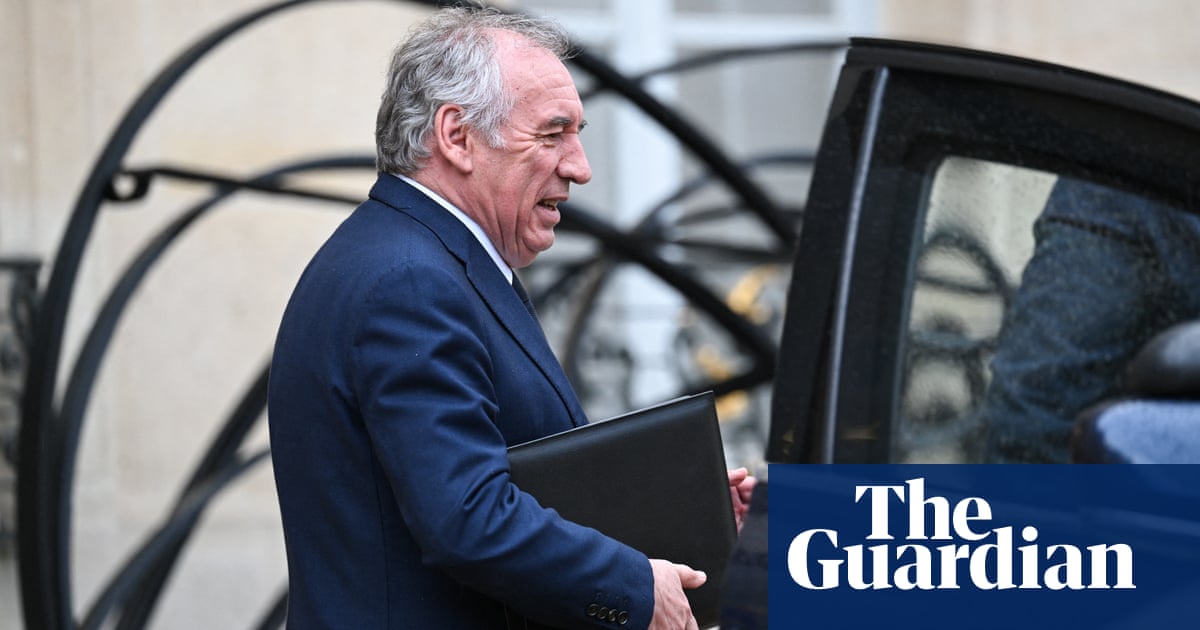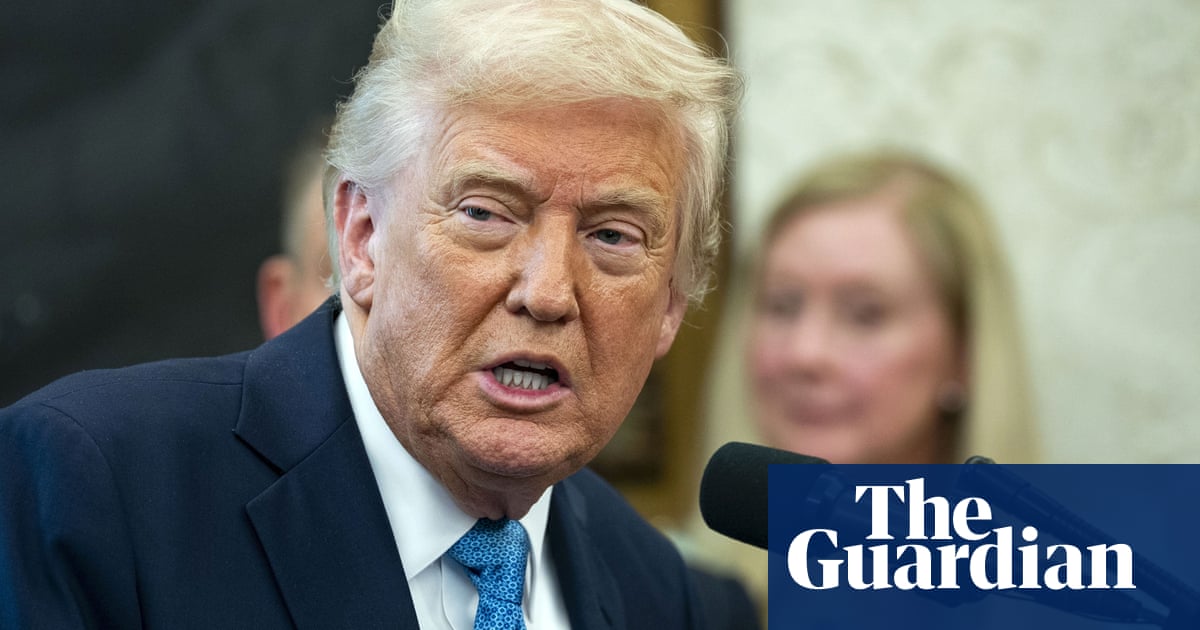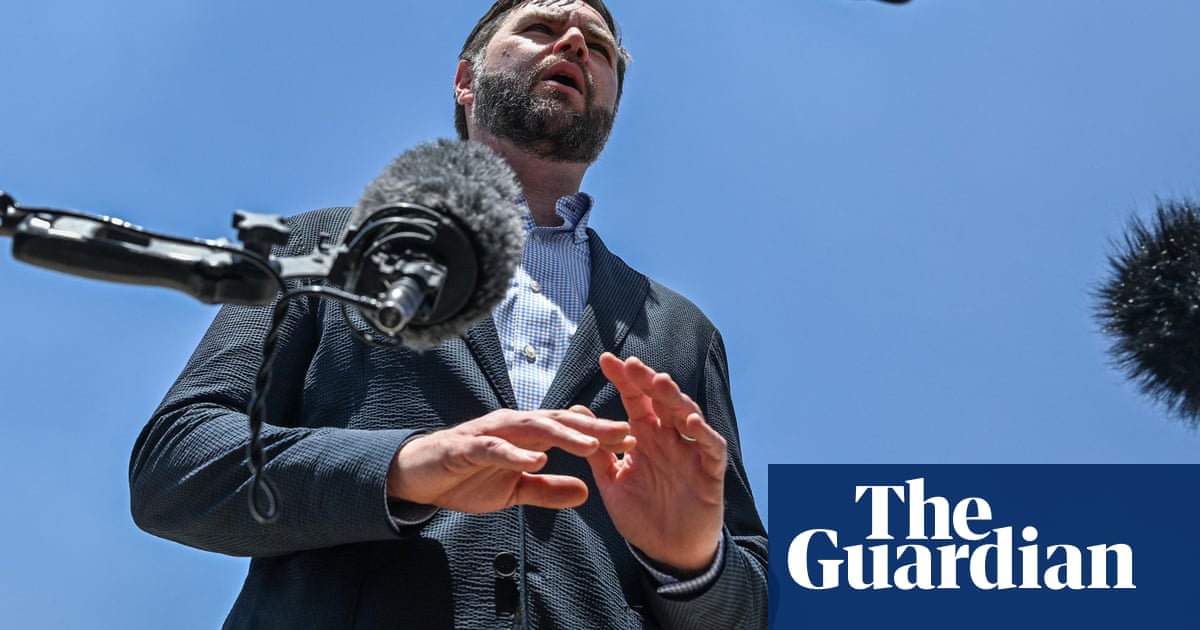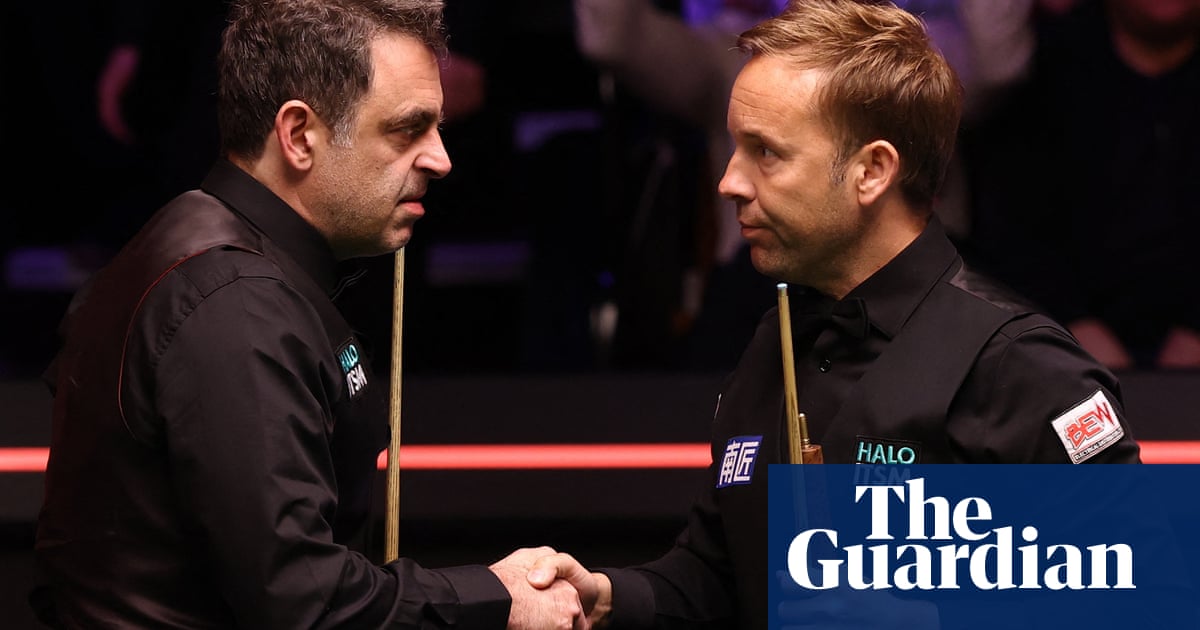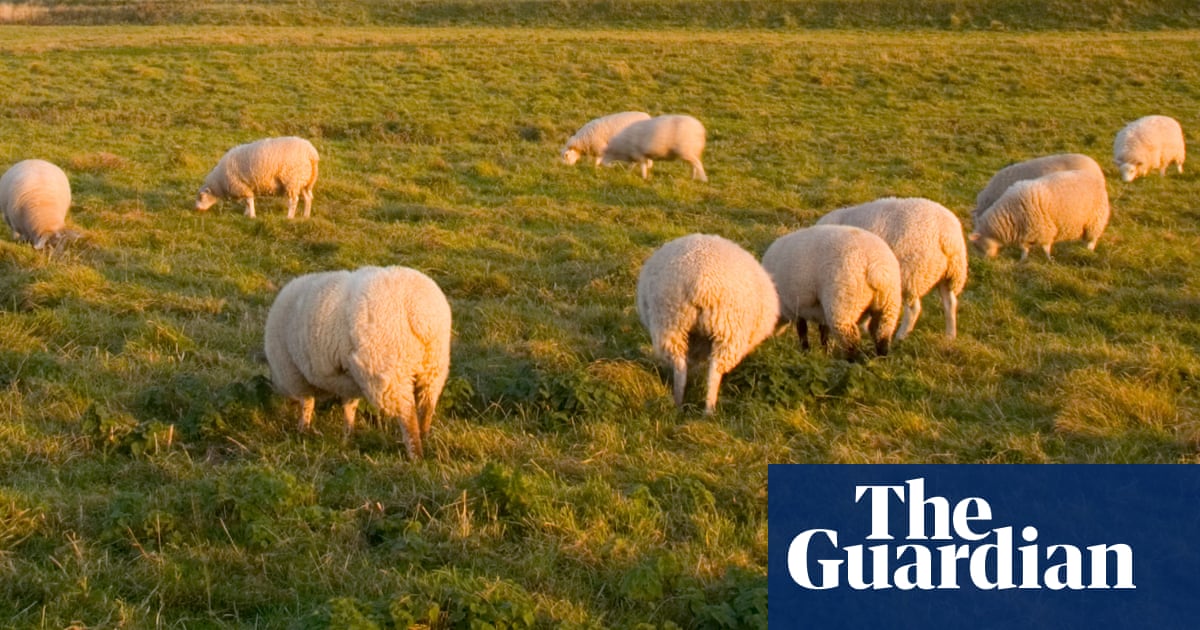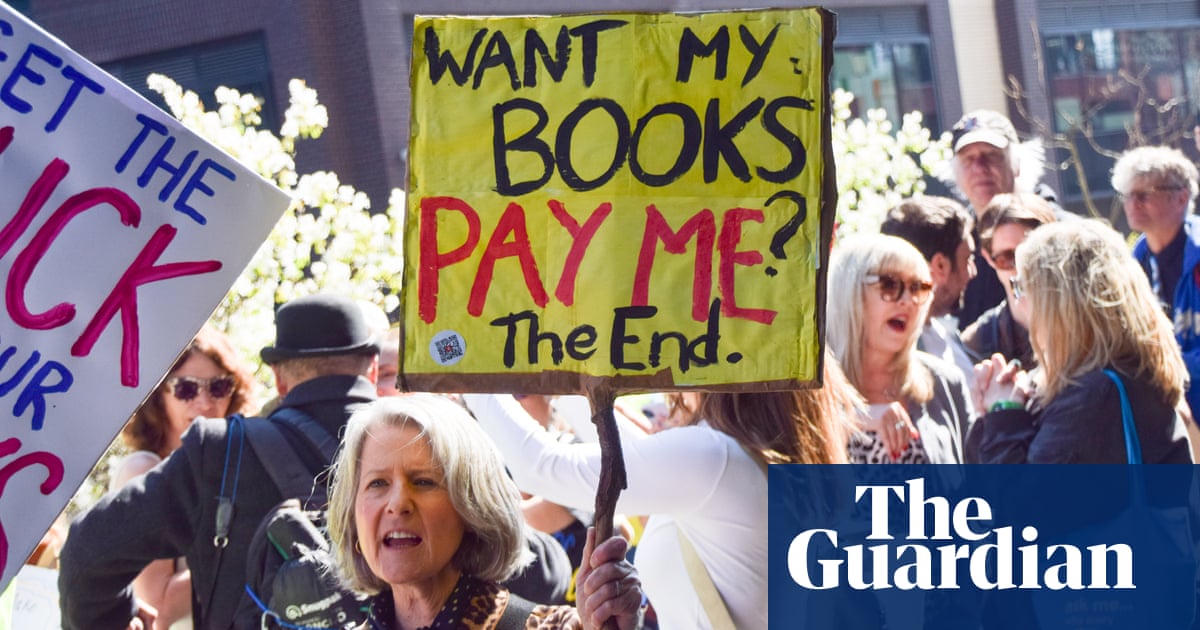The education secretary, Bridget Phillipson, has urged parents to ensure their children attend school consistently, warning of “a casual kind of attitude increasingly emerging” over attendance in England.
She acknowledged that many families faced challenges, but said: “It’s not OK just to say, ‘It’s only a Friday, you don’t need to go to school today.’ Every day at school matters and parents have responsibilities, too.”
School attendance in England has fallen significantly in the wake of the Covid-19 pandemic, and the government has been under pressure to reduce absence rates. But Phillipson said it was also up to parents to play their part.
“It’s not just about your responsibility to your own child, but about the responsibility you have to the whole school community and wider society,” she said.
“The decisions you take as an individual parent not to send your children to school impact the education of all children in the class.”

Phillipson was answering questions after a speech on Monday in which she outlined “a new era of school standards”. At the same time, she rejected widespread criticism of planned changes to the school inspection system, revealed by Ofsted on Monday, which appeared to set her on a collision course with union leaders.
She repudiated the suggestion that parents would not be able to understand the more “granular” report card system, due to be introduced in England later this year, and insisted the reforms would lead to “stronger” and “clearer” inspections.
In a pointed message to teaching unions, who said Ofsted’s proposals were worse than the system they were intended to replace, she insisted her first responsibility was to children.
“There’s been a lot of discussion about how I, as secretary of state, am apparently in hock to the trade unions,” she said. “I think we’ve seen today, from the reaction to what we’re setting out, that that’s very far from the truth.
“I will always seek a constructive relationship with trade unions representing our teachers and workforce. They’ve got an important role to play. But my first priority will always be children and their life chances.”
Phillipson also fleshed out her plans to improve schools with the introduction of Rise (regional improvement for standards and excellence) teams to tackle 600 “stuck” schools, responsible for the education of 300,000 children.
She said that each of these schools would get up to £100,000 in specialist support, and added that she would not flinch from turning failing schools into academies. “Stuck schools are the new front in the fight against low expectations,” she said.
“I will not accept a system that is content for some to sink, even while others soar. The opportunity to succeed must be the right of every child. We simply can’t allow stuck schools to disappear off the radar.”
after newsletter promotion

Daniel Kebede, the general secretary of the National Education Union, which is conducting an indicative ballot over a proposed 2.8% unfunded pay rise for teachers in 2025-26, said: “Using negative, pejorative terms like ‘stuck schools’ is unhelpful and counterproductive.
“Collaboration and not ranking is what builds a good local school for every child. Quite simply, you cannot have an improving school system while you are implementing austerity.”
Under Ofsted’s new proposals, schools will be graded in eight individual areas on a five-step scale, ranging from “exemplary” to “causing concern”. A separate evaluation will address whether safeguarding standards were met. Inspections currently look at four to six areas including safeguarding, on a four-step scale from “outstanding” to “inadequate”.
The reforms were precipitated by the suicide of Ruth Perry, a head teacher at Caversham primary school in Reading, after an Ofsted inspection. Perry’s sister, Prof Julia Waters, said: “Ofsted’s proposed new inspection model has some improvements but retains many of the dangerous features of the previous system, while introducing a series of changes with potential new risks to the wellbeing of teachers and headteachers.”

.png) 2 months ago
19
2 months ago
19

